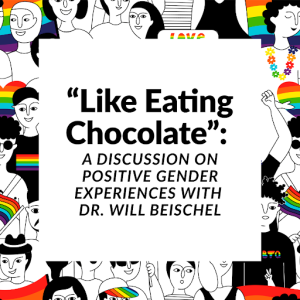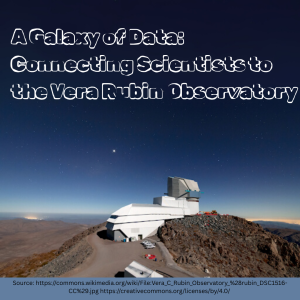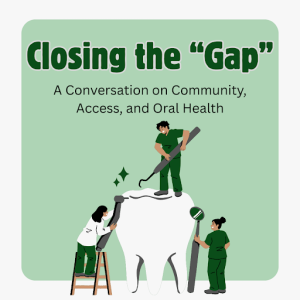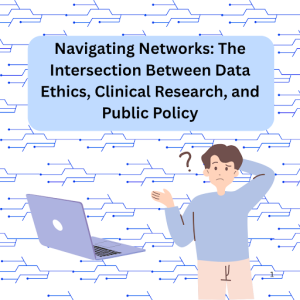“Like Eating Chocolate”: A Discussion on Positive Gender Experiences with Dr. Will Beischel
By Riley Henry, C2ST Intern, Loyola University
Have you ever thought about how your gender might make you feel good? Gender can help bring out joy and happiness in ways you might not realize! I interviewed Dr. Will Beischel (they/them), an Assistant Professor of Social Psychology at Loyola University Chicago. They research and teach about gender and sexuality, especially the positive aspects of LGBTQ+ life and how people’s identities are shaped developmentally by their social experiences. Let’s jump in and learn more about these positive gender experiences!





